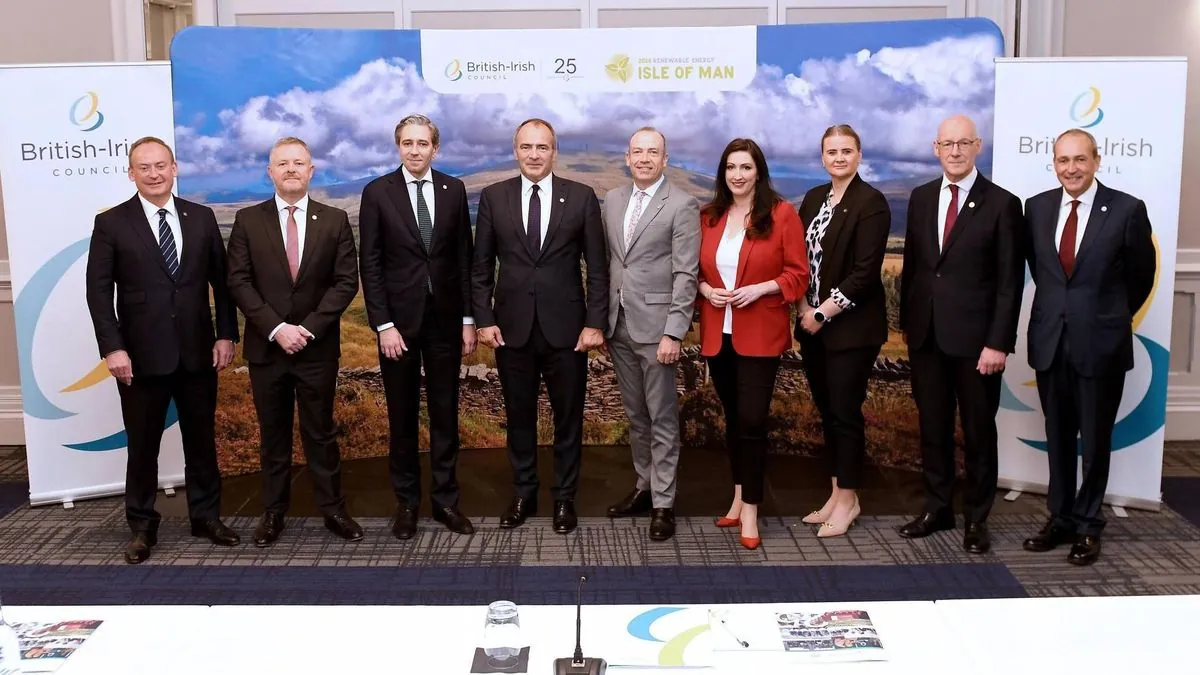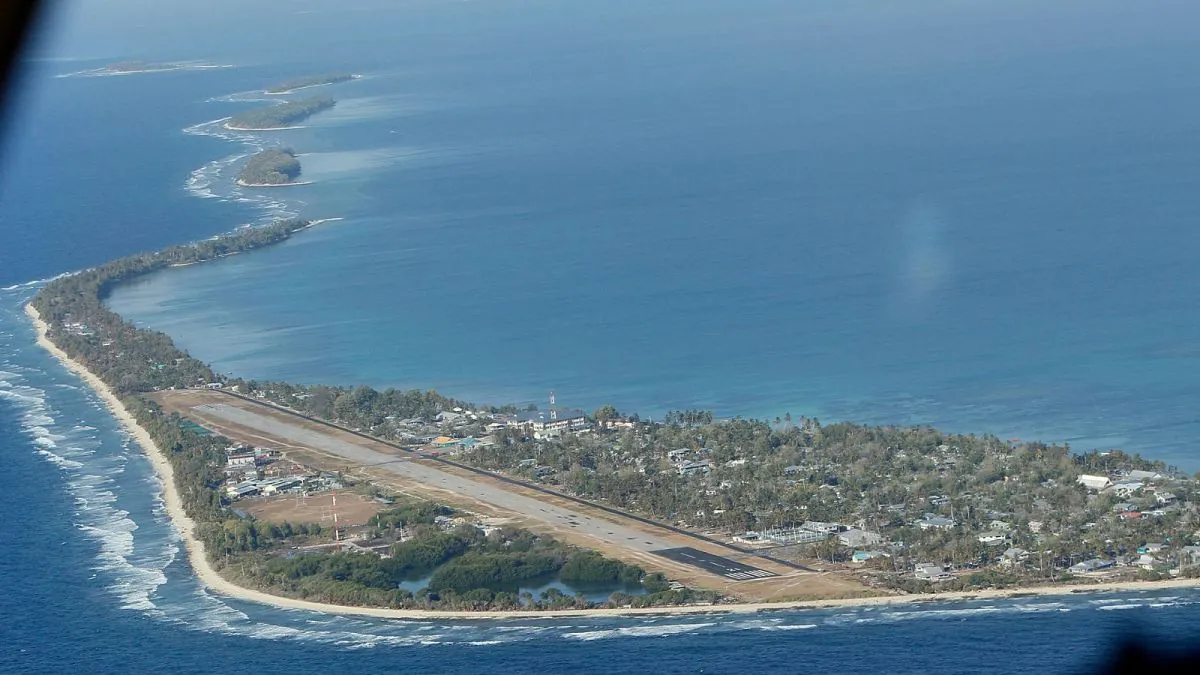Climate Leaders Push for Ambitious Targets Amid Criticism of Inaction
Climate negotiation leaders urge for more ambitious targets, facing criticism for their own countries' fossil fuel expansion. Small island nations express frustration with major emitters' lack of action.

At the United Nations, climate negotiation leaders from the United Arab Emirates, Azerbaijan, and Brazil have called for more ambitious climate targets, emphasizing the need for alignment with the Paris Agreement's 1.5°C goal. However, their plea has been met with skepticism and criticism from various quarters.
Mukhtar Babayev, the incoming head of international negotiations for the November 2024 UN climate conference in Azerbaijan, stressed the urgency of emissions reduction. He stated, "We face an urgent need to deliver deep, rapid and sustained emissions reduction, including by transitioning away from fossil fuels."
The trio of leaders presented their "Roadmap to Mission 1.5" initiative, urging nations to submit new, more ambitious carbon pollution reduction targets by February 2025. This push comes as current global targets are projected to result in 2.7°C of warming since the mid-1800s, far exceeding the Paris Agreement's goals.

Fiamē Naomi Mataʻafa, Prime Minister of Samoa, representing small island nations, expressed appreciation for the initiative but highlighted the disparity in action between vulnerable countries and major emitters. The Alliance of Small Island States, comprising 44 nations, voiced skepticism about the potential impact of this push.
Climate analysts Alden Meyer and Bill Hare criticized the disconnect between the leaders' rhetoric and their nations' actions. They pointed out that the UAE, Azerbaijan, and Brazil are all pursuing significant new investments in oil and gas production, contradicting their calls for emissions reduction.
Romain Ioualalen of Oil Change International noted that these three countries are collectively projected to increase their oil and gas production by one-third by 2035, further complicating efforts to limit global warming.
The situation underscores the complex challenges in international climate negotiations. The Paris Agreement, adopted in 2015, introduced the concept of Nationally Determined Contributions (NDCs) and established the ambitious goal of limiting warming to well below 2°C, preferably 1.5°C. However, the "common but differentiated responsibilities" principle recognizes varying capabilities and responsibilities among nations.
"We will need to go from a world that knows 1.5 must be achieved to a world that knows how 1.5 will be achieved."
This statement highlights the critical need for concrete action plans to achieve the 1.5°C target. The upcoming climate conference in Azerbaijan will be crucial in determining whether nations can bridge the gap between rhetoric and action.
The global community faces significant challenges in meeting climate goals. The concept of "climate justice" addresses the disproportionate impacts on vulnerable populations, while the "loss and damage" issue in negotiations refers to irreversible climate change effects. Additionally, the "climate finance" goal aims to mobilize $100 billion annually for developing countries, though progress has been slow.
As the February 2025 deadline for new national climate targets approaches, the international community must grapple with these complex issues. The success of future climate negotiations will depend on nations' ability to align their actions with their stated ambitions and address the urgent need for substantial emissions reductions.


































